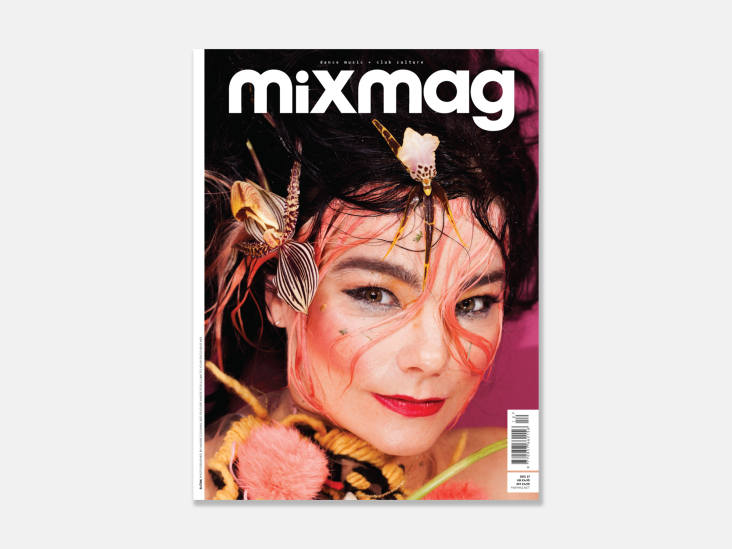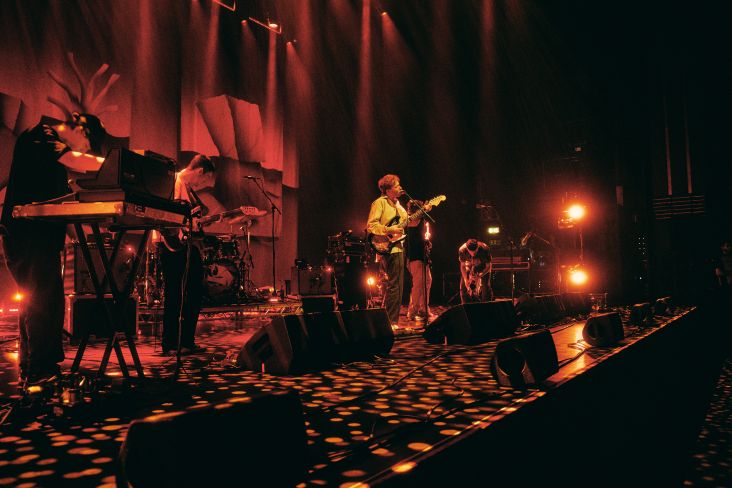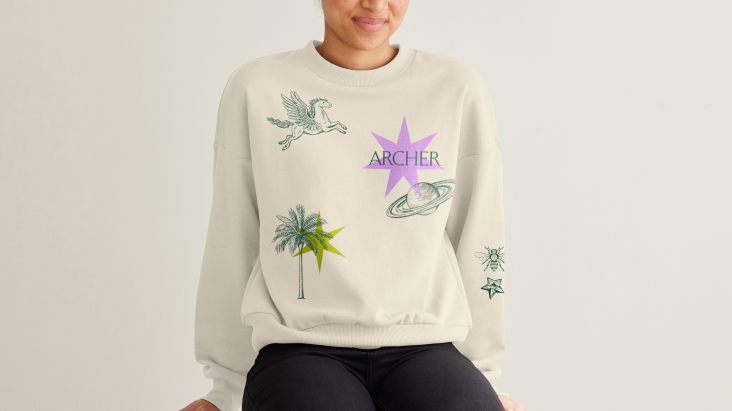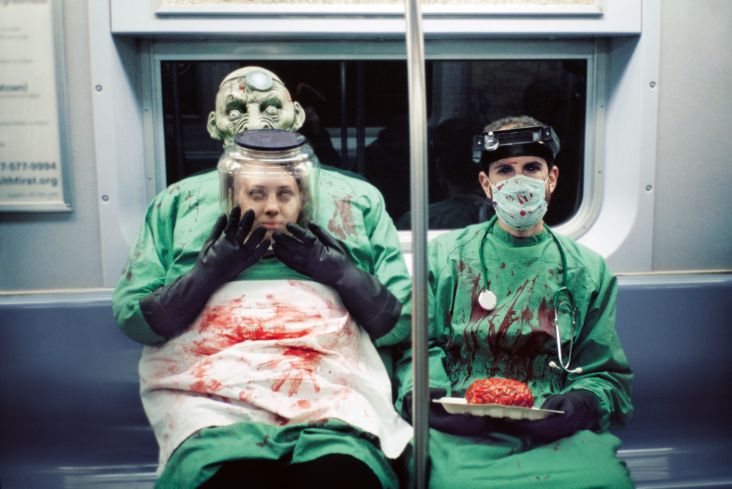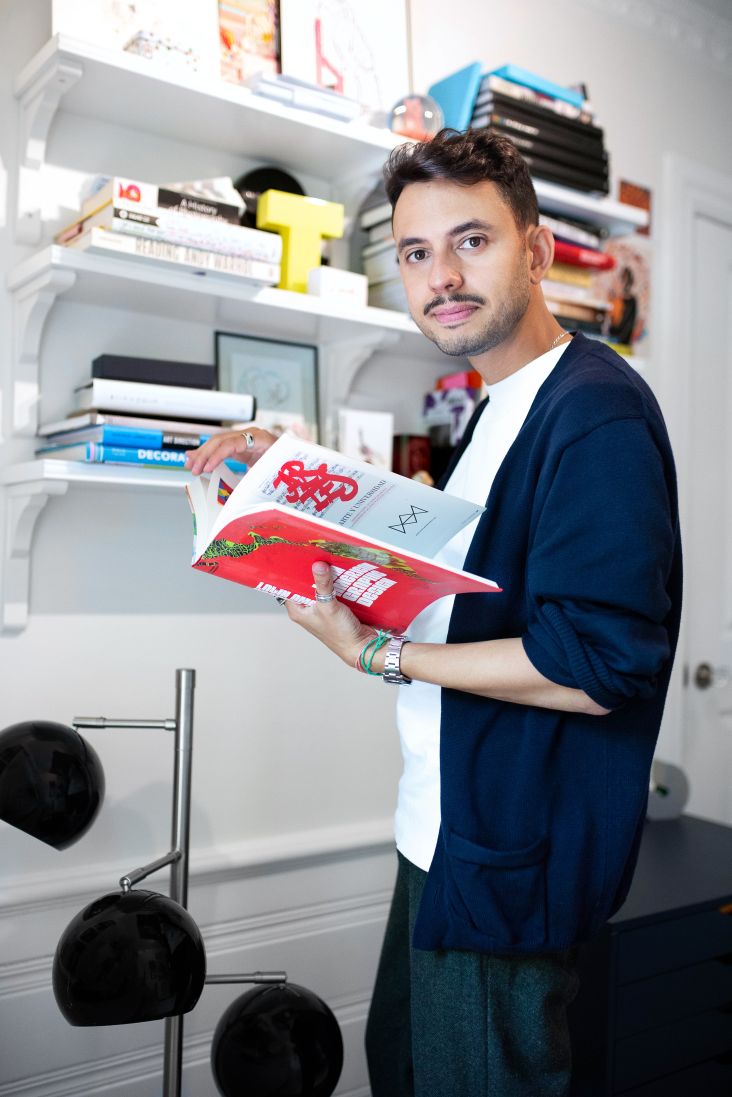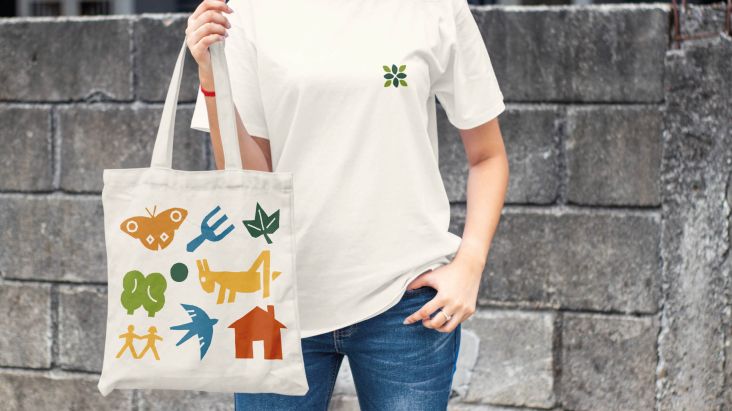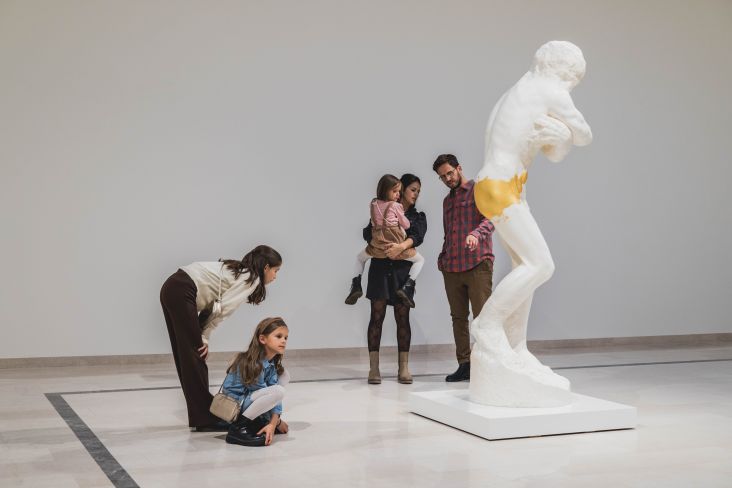Before You Ask: RNIB campaign answers common questions about sight loss
If you've never met a blind person and don't know how to act around them, these short films from RNIB will set you straight.
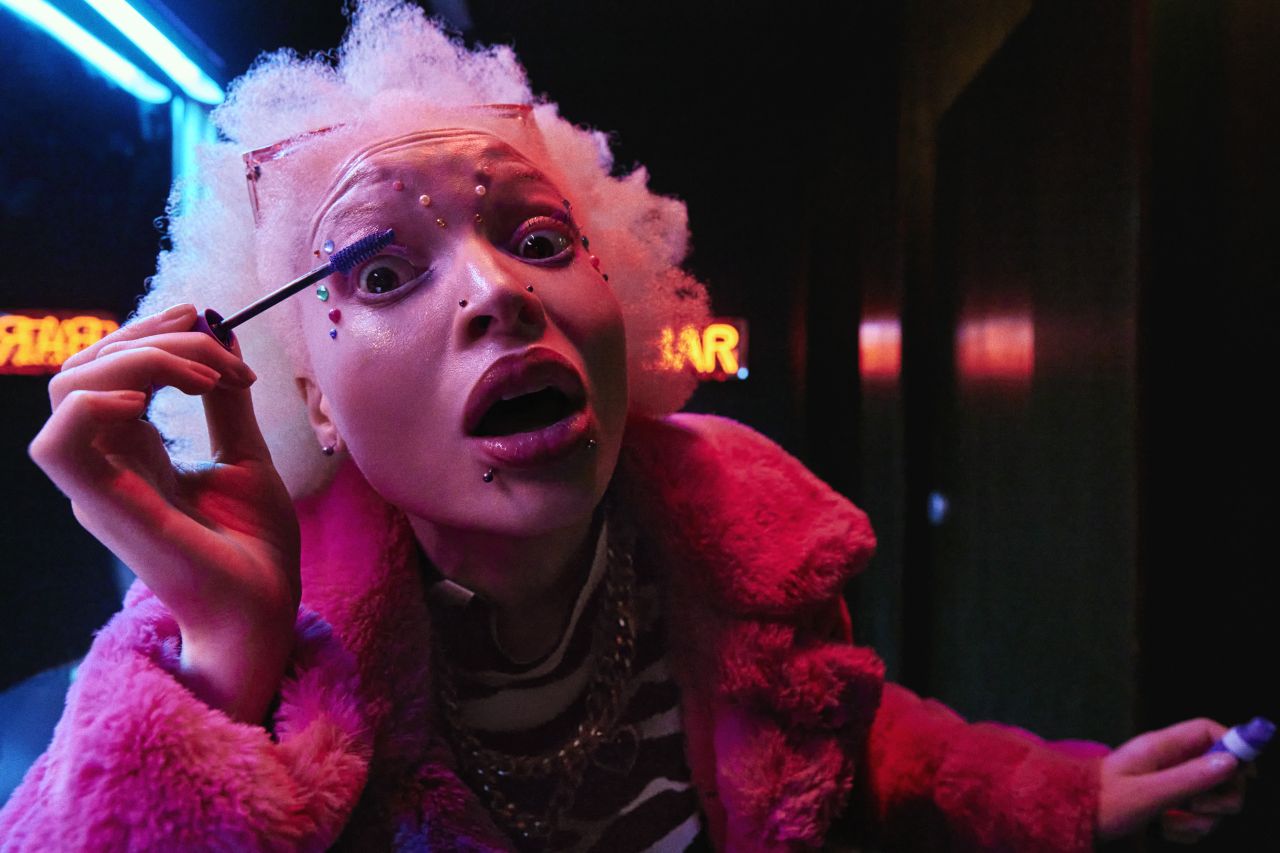
You're walking along the street when someone with dark glasses and a cane asks you a question. Suddenly, you're paralysed with fear. It's not that you're prejudiced against people with disabilities. You simply don't have experience with blind people, and so you're terrified of doing or saying something wrong.
That's why last October, the charity RNIB (Royal National Institute of Blind People) launched an initiative called See The Person, Not the Sight Loss, which challenges outdated public attitudes and misconceptions of sight loss to break down social barriers. At the heart of the campaign was an emotive and thought-provoking short film telling the story of Ava, a fictional teenage girl who is coming to terms with losing her sight.
Now, a new series of six short films, Before You Ask, dispels myths about living with sight loss and saves you from having to ask the same boring old questions everyone seems to ask.
Everyday situations
Directed by Chris Balmond at Outsider, each film shows blind and partially sighted people in everyday situations. They report to annoying bosses, support rubbish football teams, hate public transport, have attractive partners, and hate the school parents' group chats. In each scenario, the protagonists pre-empt the often awkward questions the public has about sight loss, breaking the fourth wall and answering them before you can even ask. The main actors all have sight loss and were keen to use their own experiences to inform their performances.
"Campaigns like this are really needed as blind people like me get these types of questions all the time," says Grace, one of the actors who star in the ad. "The day before my audition, a taxi driver spent the entire journey asking me how many boyfriends I'd had and how difficult it must have been to get them because of my sight. After that, I was very motivated to join the campaign.
"Some sighted people may know about guide dogs and white canes, but there are a lot of day-to-day things they don't know so much about, and that's where the negative assumptions lie," she adds. "Before you ask a question, please just remember that disabled people are human beings."
Common misconceptions
To accompany the campaign, creative agency The&Partnership has created 6s OOH (out of home) and 6s/48s DOOH (Digital Out of Home) adverts featuring photography of the film cast, shot by Emily Scarlett Romain.
There's also a 30-second radio advert written by Ellen Renton, a visually impaired Scottish poet and performer who has oculocutaneous albinism.
Matt Moreland, creative director at The&Partnership, explains the thinking behind it. "Do you have sex? Can you use a phone? Some of the questions visually impaired people get asked is honestly staggering," he says. "Which is what we wanted to tackle in this campaign: puncturing preconceptions with humour and showing what it's really like to live with sight loss."
Jane Reader, creative at The&Partnership adds: "I'm blind in one eye, so this idea was based on my own personal experience of living with sight loss. I often get asked silly questions such as 'How many fingers am I holding up'? and 'How can you drive?' I felt it was about time the visually impaired people got the chance to answer all these questions once and for all."
Making people think
"RNIB's #BeforeYouAsk films use humour and familiar scenarios to make people think," says Vivienne Francis, RNIB's chief social change officer. "They also underscore a serious point about the misconceptions people face and the barriers these lead to in terms of people living independently.
"The films challenge these misconceptions head on, showing that of course blind and partially sighted people go to work, watch football, use public transport, seek romance and navigate the tricky world of school message groups; just like sighted people do."
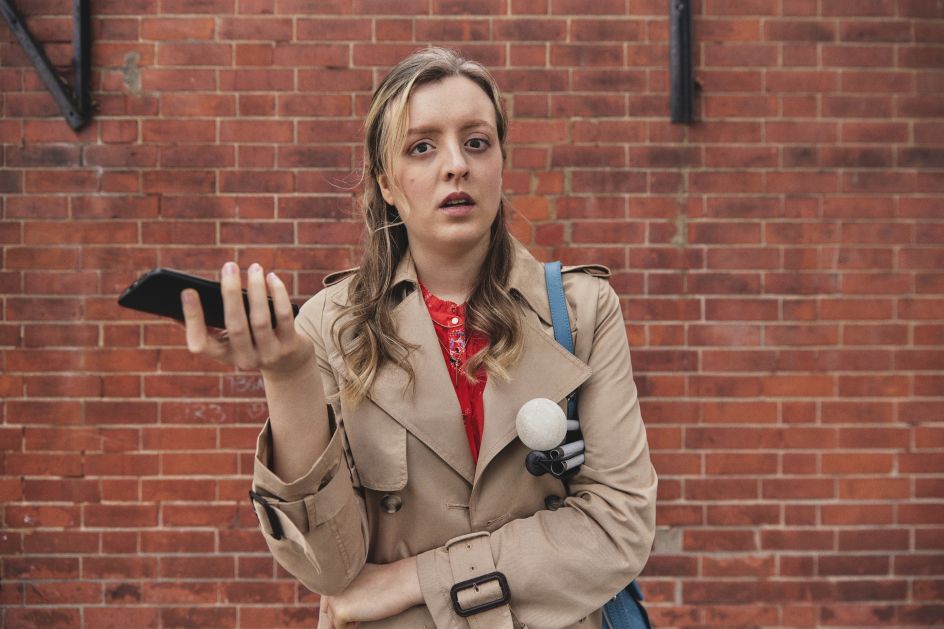
"These scenarios were chosen for a reason; each relates closely to the issues that blind and partially sighted people have identified as the key areas that need to change, from removing barriers to getting around easily to levelling employment opportunities," Vivienne adds.
"We hope this campaign will go a long way to stopping both the misguided everyday questions blind and partially sighted people face but also the more deep-rooted misconceptions about the expectations, needs and wants of people with sight loss, which we know are leading to gaps in experiences compared to sighted people; these gaps need to close."
The short films will be live on social and programmatic. The 60-second film will also be online. The radio will be broadcast on national stations, and the OOH/DOOH will be live across the UK, with large retail sites.




 by Tüpokompanii](https://www.creativeboom.com/upload/articles/58/58684538770fb5b428dc1882f7a732f153500153_732.jpg)


 using <a href="https://www.ohnotype.co/fonts/obviously" target="_blank">Obviously</a> by Oh No Type Co., Art Director, Brand & Creative—Spotify](https://www.creativeboom.com/upload/articles/6e/6ed31eddc26fa563f213fc76d6993dab9231ffe4_732.jpg)









